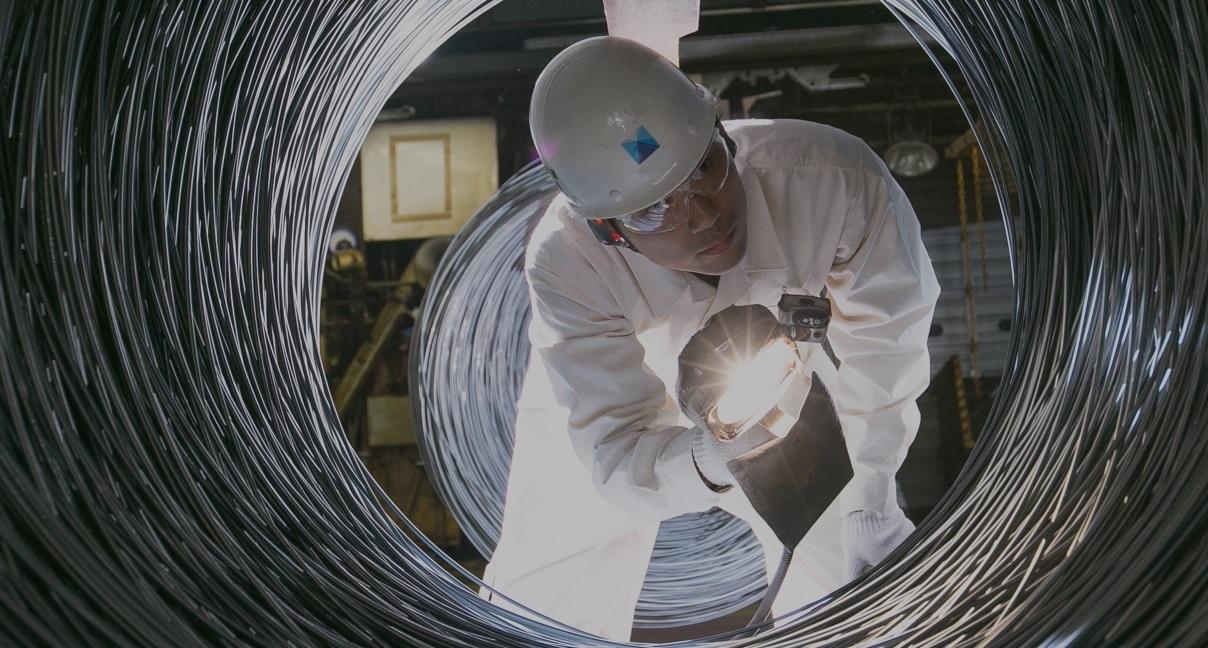Donald Trump's pledge to block Nippon Steel's planned purchase of U.S. Steel if he retakes the White House compounds political troubles for the $15 billion deal, whose failure could reverberate across Japan Inc.
For Japan, the biggest foreign investor in the U.S., a collapse of the deal could give companies pause about acquisitions in other strategic sectors and force them to be more risk-averse when sizing up deals, say former officials, lawyers, analysts, and executives.
Challenges and Implications of the Planned Acquisition
According to Reuters, the planned purchase by the world's fourth-largest steelmaker of the storied American firm underlines the limits of "friendshoring," a term coined by U.S. officials to describe deeper economic cooperation between allies, an effort partly aimed at de-risking supply chains from rival power China.
Nippon Steel's acquisition already faces high hurdles, drawing criticism from Democratic and Republican lawmakers and the powerful United Steelworkers union.
U.S. Failure could be "a warning sign to some segments of Japanese investors," said Kenichiro Sasae, Japan's ambassador to the U.S. at the start of Trump's 2017-2021 presidential term.
While the fallout might be limited to specific sensitive industries, it would show that even with more focus on economic cooperation between allies, countries will always decide based on their core interests, said Sasae, president of the Japan Institute of International Affairs think tank.
Opposition and Historical Context
US News noted that opposition to the deal appears at odds with U.S. efforts in recent years to encourage Japanese companies to boost their presence there. It is reminiscent of the 1980s when Japanese acquisitions of trophy assets like the Rockefeller Center ignited sharp criticism from the American public.
In 2015, U.S. regulators, citing competition concerns, scuttled a merger between Japan's Tokyo Electron and U.S.-based Applied Materials, two of the world's largest manufacturers of semiconductor-making machinery.
Trump, whose protectionist "America First" policies were a hallmark of his tenure, said on Wednesday he would "instantaneously" block the deal if he wins the Nov. 5 vote. The Republican is set for a likely rematch with President Joe Biden, a Democrat.
Nippon Steel responded that the purchase would greatly benefit U.S. Steel, the U.S. steel industry, its customers, employees, local communities, and the United States more broadly.
Photo: Nippon Steel Website



 Instagram Outage Disrupts Thousands of U.S. Users
Instagram Outage Disrupts Thousands of U.S. Users  Tencent Shares Slide After WeChat Restricts YuanBao AI Promotional Links
Tencent Shares Slide After WeChat Restricts YuanBao AI Promotional Links  OpenAI Expands Enterprise AI Strategy With Major Hiring Push Ahead of New Business Offering
OpenAI Expands Enterprise AI Strategy With Major Hiring Push Ahead of New Business Offering  SoftBank Shares Slide After Arm Earnings Miss Fuels Tech Stock Sell-Off
SoftBank Shares Slide After Arm Earnings Miss Fuels Tech Stock Sell-Off  Trump Backs Nexstar–Tegna Merger Amid Shifting U.S. Media Landscape
Trump Backs Nexstar–Tegna Merger Amid Shifting U.S. Media Landscape  Rio Tinto Shares Hit Record High After Ending Glencore Merger Talks
Rio Tinto Shares Hit Record High After Ending Glencore Merger Talks  TrumpRx Website Launches to Offer Discounted Prescription Drugs for Cash-Paying Americans
TrumpRx Website Launches to Offer Discounted Prescription Drugs for Cash-Paying Americans  Hims & Hers Halts Compounded Semaglutide Pill After FDA Warning
Hims & Hers Halts Compounded Semaglutide Pill After FDA Warning  Missouri Judge Dismisses Lawsuit Challenging Starbucks’ Diversity and Inclusion Policies
Missouri Judge Dismisses Lawsuit Challenging Starbucks’ Diversity and Inclusion Policies  American Airlines CEO to Meet Pilots Union Amid Storm Response and Financial Concerns
American Airlines CEO to Meet Pilots Union Amid Storm Response and Financial Concerns  Ford and Geely Explore Strategic Manufacturing Partnership in Europe
Ford and Geely Explore Strategic Manufacturing Partnership in Europe  Baidu Approves $5 Billion Share Buyback and Plans First-Ever Dividend in 2026
Baidu Approves $5 Billion Share Buyback and Plans First-Ever Dividend in 2026  Nvidia CEO Jensen Huang Says AI Investment Boom Is Just Beginning as NVDA Shares Surge
Nvidia CEO Jensen Huang Says AI Investment Boom Is Just Beginning as NVDA Shares Surge  TSMC Eyes 3nm Chip Production in Japan with $17 Billion Kumamoto Investment
TSMC Eyes 3nm Chip Production in Japan with $17 Billion Kumamoto Investment  Weight-Loss Drug Ads Take Over the Super Bowl as Pharma Embraces Direct-to-Consumer Marketing
Weight-Loss Drug Ads Take Over the Super Bowl as Pharma Embraces Direct-to-Consumer Marketing  Prudential Financial Reports Higher Q4 Profit on Strong Underwriting and Investment Gains
Prudential Financial Reports Higher Q4 Profit on Strong Underwriting and Investment Gains 































